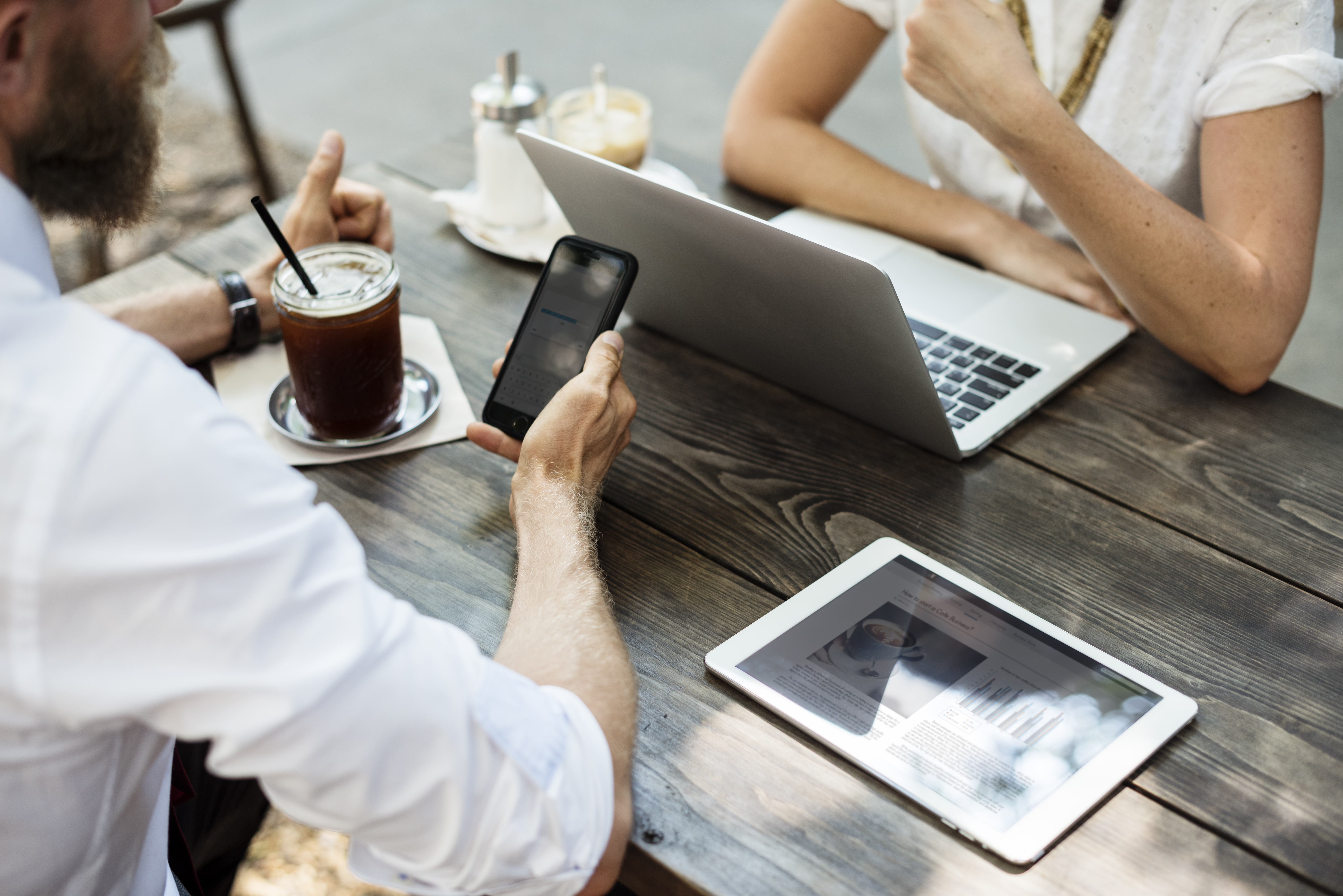
During vacation time, it is important to keep in mind some tips that will keep your information safe during travel. By following the advice below and taking active steps to ensure your devices are safe, your only worry will be wondering what to drink when Happy Hour rolls around!
1. Keep an eye on any advisories when travelling abroad
If your travels are going to take you abroad, take the time to learn about what is going on in the location you are about to visit. The Government of Canada offers travel advice and advisories for specific locations around the world.
No matter where you plan to travel, make sure you check the Advice and Advisories page for your destination twice: once when you are planning your trip and again shortly before you leave. Safety and security concerns may change quickly.
2. Think twice about bringing electronic devices with you during travel
These days, it is very common for people to travel abroad with electronic devices such as laptops, tablets, cell phones, USB drives, and other digital storage devices. If you are traveling with an electronic device, you may have to deal with border officials at some point.
Some foreign governments retain the right to seize travelers’ electronic devices and review their contents. At border controls, officers have widespread powers to stop and search people, and examine their baggage and other possessions including devices such as laptops and smartphones. Do you really want to deal with that or would you be happier with your laptop left in a secure location at home?
If you do plan to travel with an electronic device, learn how to keep devices safe during travel.
If you are travelling with a mobile device abroad, take note of any laptop restrictions and follow these general guidelines for extra security:
- Ensure that your devices are encrypted, so that if they fall into the wrong hands, your data remains safe
- If you absolutely must pack devices in check-in luggage, wrap them in bubble wrap and put the bag containing the device inside another suitcase
- Back up your data on to an encrypted drive and carry that onto the airplane with you
3. Be wary of the WiFi
Is the WiFi at your hotel actually secure? Usually not, though there are a few rare exceptions. WiFi security is not typically the main objective for a hotel, and often a third party handles the service. It shouldn’t be considered any more secure than public Wi-Fi in a coffee shop or hot-spot.
If you must use the public or hotel WiFi, think about using the UBC VPN service before accessing email or social media. Never conduct financial transactions online with just the basic WiFi. Use the UBC VPN service or wait until you’re back home.
4. Share with care
With the prevalence of social media, we often forget who may be watching our accounts. A high amount of apps these days now to seem to ask us to geotag our locations for their marketing purposes, and some don’t even function if you don’t allow access to current location information.
Try to resist the urge to broadcast your location and travel plans on social media until you are back home. Take a recent case as an example: Hilary Duff posted photos of herself and her son vacationing in Canada. Shortly after posting, her home in Los Angeles was robbed.
5. Save a digital version for extra protection
Credit cards, driver’s licenses, insurance cards and more can be easily lost or stolen from wallets and purses. To avoid a monetary disaster, scan a copy of the documents onto your computer and save them to a personal folder on UBC Workspace. Alternatively, encrypt the data into a file and upload it in a safe space for retrieval in case of emergency.
With those tips in mind, enjoy the rest of your holidays and stay safe!
